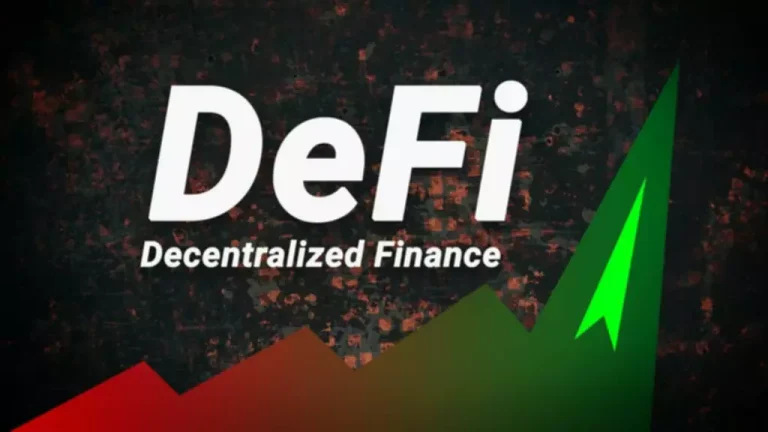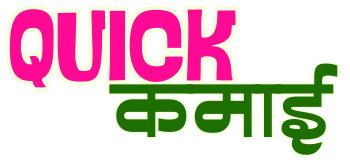Their activity is crucial for guaranteeing markets stay useful, even during times of low quantity or high volatility. Without their presence, many financial markets would lack the depth needed for efficient operation. By repeatedly inserting orders on both sides of the order book, they enhance the supply of purchase and promote choices.
The interplay between market makers and takers is essential for the right Proof of space functioning of monetary markets. This relationship ensures that markets remain liquid and efficient, allowing merchants to enter and exit positions with relative ease. The Taker payment is a transaction fee paid by market takers within the financial markets, particularly in cryptocurrency exchanges, for the transactions they execute.
Each contribute to environment friendly market maker vs taker price discovery, enhanced market stability, and the facilitation of various trading approaches. In the world of monetary markets, market makers play a vital function in attempting to ensure smooth and environment friendly buying and selling. Their main goal is to try providing liquidity to the market by repeatedly quoting both bid (buy) and ask (sell) costs for the property they deal with. On the flip facet, market takers within the crypto space aim to sell assets on the current market value, seizing alternatives and reacting to market situations. While market takers could face buying and selling charges, they profit from the immediate execution of transactions within the crypto area.

Taker charges are greater charges when compared to maker fees as these trades take liquidity away from the market. In crypto, maker fees are charged when liquidity is added to a market (limit orders); taker fees are charged when liquidity is taken away (market orders). Exchanges typically charge decrease commissions for makers as a end result of they provide liquidity to the market. Taker commissions are usually higher because they make the most of the existing liquidity.
Such enhanced liquidity often leads to tighter bid-ask spreads; trading then becomes more cost-effective. Similarly, in an exchange, there needs to be https://www.xcritical.com/ enough liquidity to fill buy and sell orders. With Out the liquidity supplied by market makers, there wouldn’t be sufficient orders out there to match taker orders on demand. When a buying and selling platform matches a maker and taker, it expenses a small fee for each parties.
Collectively, they try to compose a symphony of trading that balances stability and alternative, liquidity and adaptableness, to define the contours of contemporary monetary markets. In this manner, makers create liquidity by providing demand for getting or selling an asset at a sure price. The makers “make” markets, whereas the takers create orders which are instantly executed at the market value. These are generally identified as market orders, the place the takers meet the demand for the purchase or sale of an asset produced by the makers. It is the takers who move the market by changing the worth of the asset.
Market Makers Vs Market Takers On Crypto Exchanges: All You Want To Know

This pricing structure encourages customers to add new orders to the market, thus offering liquidity and helping the market function more efficiently overall. Market makers are individual participants or member firms of an trade that trades in securities for their own account. They act as liquidity and depth suppliers for the market in exchange for with the flexibility to profit from the bid-ask spread on varied orders in the exchange’s order guide. Nonetheless, it is vital to acknowledge that this charge association can differ primarily based on the trade. Some exchanges would possibly even waive fees for market makers to incentivize liquidity provision, acknowledging its important role in upholding the change’s operational effectivity.
Traditionally, massive brokerage companies are the most typical market makers that provide traders asset purchase and sale options. On the other hand, market takers favor immediacy, executing orders at one of the best available value. This fashion is right for those who prioritize speed and certainty of their trades, even at the value of larger charges.
Buying And Selling Fees On Defi Platforms
You can discover promising market conditions, commerce correctly, and make knowledgeable buying and selling choices if you’re conscious of your liquidity standing and the order e-book’s present state. The charge in the above commerce example could additionally be zero.16% of the entire commerce price; if this commerce was placed away from the market (limit order), it would be a ‘taker’ payment, which can pay solely zero.10%. Fixed-income instruments, currencies, and commodities are simply some of the financial markets in which merchants could participate. All information on The Forex Geek web site is for instructional functions only and is not meant to supply monetary recommendation.
Market Makers are establishments or individuals that improve the liquidity and effectivity of monetary markets by bringing buyers and sellers together. Their main goal is to facilitate the easy execution of buy and sell transactions at any time by constantly providing bid and ask prices. Market Makers fill the gaps between supply and demand and contribute to price stability by offering a continuous market for traders desirous to make transactions.
- Their main objective is to strive providing liquidity to the market by continuously quoting each bid (buy) and ask (sell) costs for the assets they handle.
- Market makers place orders to buy or promote at quoted prices, while market takers execute trades by accepting those orders.
- While we strive to offer correct and up-to-date info, we don’t assure the accuracy, completeness, or reliability of any content material.
- The maker’s commission is at all times decrease than or equal to the taker’s commission.
It’s frequent for large traders and establishments (like those specializing in high-frequency trading) to take on the position of market makers. Alternatively, small merchants can become makers, just by inserting sure order sorts that aren’t executed instantly. An MT is a participant who accepts the prices offered by a market maker or different merchants to execute trades instantly. Market makers have an effect on prices after they continuously modify their bid and ask quotes as market situations change. They also aid in the strategy of discovering a fair market value for the traded instrument. They work to make sure a counterparty is nearly all the time available for traders wanting to buy or promote.
And those who purchase or promote instantly are referred to as “takers.” In different words, the takers perform the orders created by the makers. Takers, then again, should pay greater prices since they do not contribute to the market’s liquidity. Some exchanges cost varying charges for producers and takers, whereas others don’t differentiate between the 2 at all. You can keep away from taker charges by placing restrict orders, and therefore contributing to an exchange’s liquidity, as an alternative of market orders. Some of their obligations are to guarantee that the most effective price is always maintained, that each one trades are executed, and that there is an orderly market. When they quote the highest price they’re prepared to pay (bid) and the lowest price they’re willing to just accept (ask), the difference known as the bid-ask spread.
